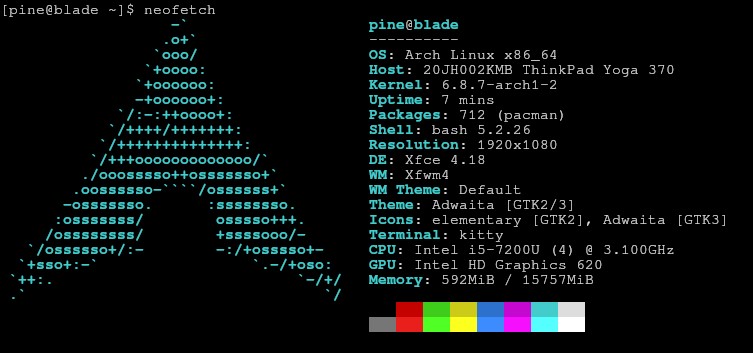Finally added cache busting to mb. I should have done this long before but I only learned this technique recently. For some reason I never wondered how bigger sites did this.
For those who don’t know what cache busting is. It’s a technique used to force a web browser to download the latest version of a static file (css, img, …) instead of using a cached version. This is done by making every version of a file have a different and unique name, so the browser won’t recognize the updated file and will fetch it from the server. I have done this by adding a hash of the file to the filename, for example main-ad5d104a4a86.css.
With every version being a unique file we can update the Cache-Control header.
Cache-Control: public, max-age=31536000, immutable
This the most aggressive caching that you can configure, it tells the browser that this file will never change and that it will never need to refetch it from the server. This could be a problem for normal files but this is perfect for this usecase because we have control of the clients cache from the server.
Normally these hashes would be added at build/bundle time. But Golang doesn’t have these options so I did it at start-up of the server. Luckily Golang is very fast so it didn’t add any time to the start up (1-2 ms). The implementation works better then expected.
The perfectionist within me did try it with code-gen and it did work, see commit. But it didn’t feel clean or maintainable and was drifting from the goal of simplicity of this project, so I decided to scrap it.











![Valid RSS [Valid RSS]](https://validator.w3.org/feed/images/valid-rss-rogers.png)


